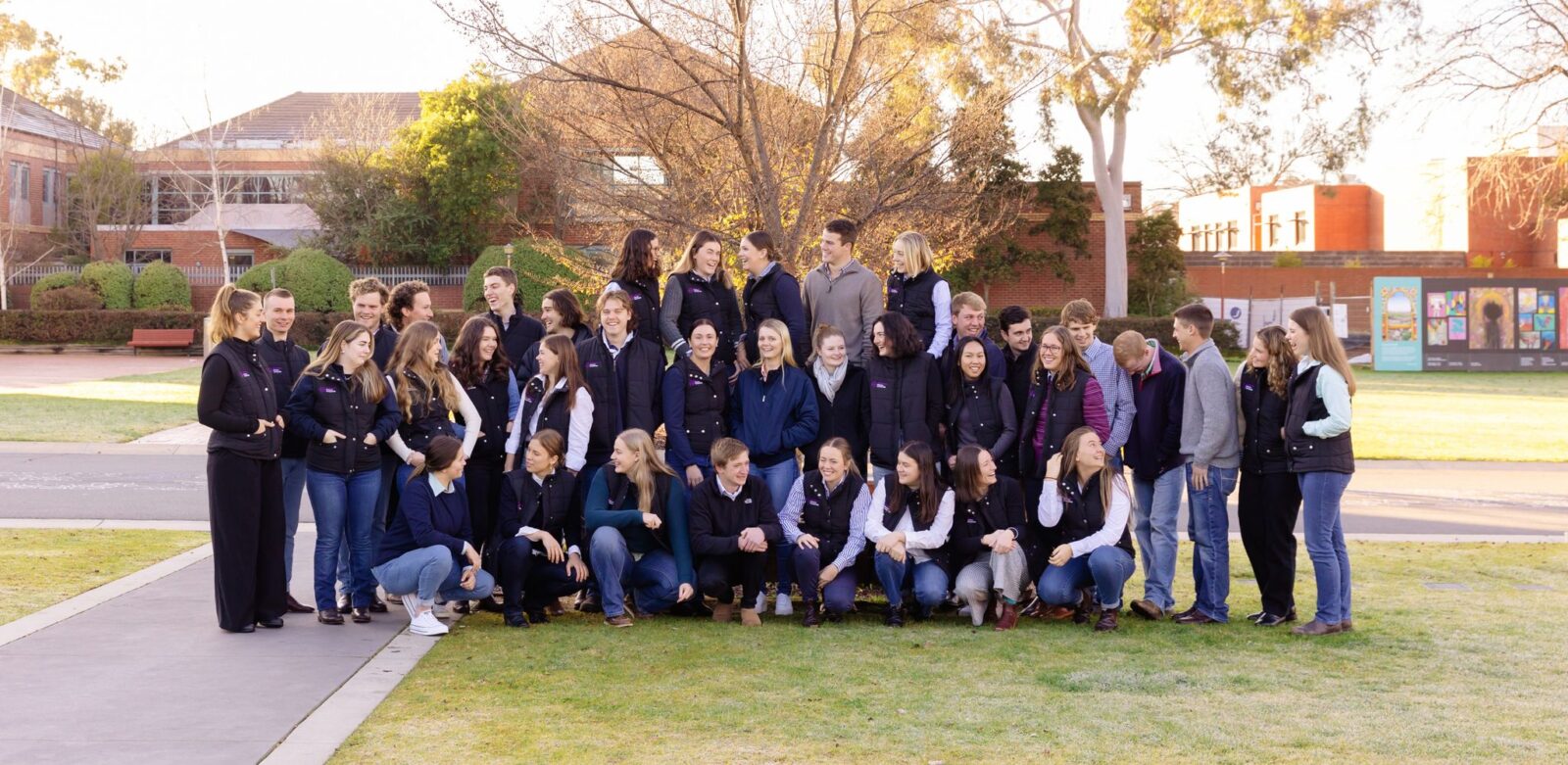Real time tracking of on-farm fatalities and injuries across Australia now available


Are you a student with a passion for making a meaningful impact in the world? Curious about how your skills and expertise can address challenges in diverse industries?
You need to apply for the AgriFutures Horizon Scholarship – an initiative supporting students enrolled in their final two years of full-time study at an Australian university by providing a bursary of $5,000 per year for the final two years of your degree.
If we haven’t already convinced you, read on to find out why you should take the leap and apply this year!
Diversity is a cornerstone of the AgriFutures Horizon Scholarship Program, breaking away from the conventional notion that it’s exclusively for agriculture degrees.

“We value diversity in the AgriFutures Horizon Scholarship Program; it’s not just for those studying agriculture degrees. We’re actively seeking Science, Technology, Engineering and Mathematics (STEM) majors – the sector needs a broad spectrum of skills to drive innovation,” emphasises Annabel Day, Coordinator, Capacity Building at AgriFutures Australia.
2022 AgriFutures Horizon Scholar Luke Austin embodies this – Luke was born and bred on the Coffs Coast, and was studying a Bachelor of Science, specialising in Marine Science at Southern Cross University when he first discovered the Horizon Scholarship.
“I didn’t think it was for me at first. But when I had a closer look, I realised that I was actually eligible,” Luke says.
Luke was sponsored by the Cooperative Research Centre for Developing Northern Australia (CRCNA) and used his time as a Scholar to learn more about how regional development, industry and sustainability all contribute to the emerging aquaculture industry in Northern Australia.
Luke’s story proves that not having direct exposure to agriculture should not deter potential applicants – it’s what makes their application stand out!
What makes the AgriFutures Horizon Scholarship so highly sought after by Australian university students is the professional development workshops, annual industry placements, and opportunities to network and learn at a range of industry events.
Jessie MacLean, Communications and Capacity Officer, Grains Research and Development Corporation (GRDC) explains that sponsors gain just as much from the program as the scholars themselves.
“We want people with diverse experiences and perspectives to join the grains industry, and the AgriFutures Horizon program helps us find individuals with the passion and skills we need,” Jessie says.
“It’s about helping students see how their skills and capabilities can address different problems in various industries,” Annabel says.
“I would like to see people with qualifications in things like information technology, and applied science applying – those skills are really in demand. It’s also really important for those who are studying ag science and come from a farming background to be able to connect with people who have those skills, and vice versa,” Luke points out.
Jessie explains the role of AgriFutures Horizon sponsors in helping their scholars get the best possible start to their careers by “learning what they’re interested in, whether it’s research, extension or something entirely different, and helping match them up with our partners for hands-on experience. The Horizon program exposes students to other opportunities to apply and develop their skills or knowledge, particularly in STEM subjects which are not typically associated with a career in agriculture.”
Offered to students in their last years of study, the AgriFutures Horizon Scholarship is targeted at students who have the most to gain through connecting with industry networks.
Our research shows that Horizon Scholars are typically two to three years ahead of other university graduates in terms of their career readiness and industry networks – an advantage when entering the workforce.
“You gain a massive network and a doorway into the industry, and you can set the trajectory and interactions you want. That ecosystem is not something you have at uni,” Luke says, while emphasising how difficult it is for him to quantify the value of the program.

In the application, you’ll be asked what industry or career you are most interested in gaining experience in, what emerging opportunities and trends in Australian agriculture are interesting to you, and how you think the industry needs to change to stay relevant and competitive in a global context – we want to know what’s most important to you.
“You’ve got all sorts of different people in the room from all over the country with completely different backgrounds. There aren’t many programs I’ve come across that have the potential to give you that,” Luke says.
“You don’t have to know what you’re going to get out of it; you just need to imagine all the different things that you could.”
Applications for the 2025 AgriFutures Horizon Scholarship are open now, and close on Friday, 10 January 2025.
 NATIONAL CHALLENGES AND OPPORTUNITIES / 15.12.23
NATIONAL CHALLENGES AND OPPORTUNITIES / 15.12.23  WORKFORCE AND LEADERSHIP / 15.12.23
WORKFORCE AND LEADERSHIP / 15.12.23  WORKFORCE AND LEADERSHIP / 15.12.23
WORKFORCE AND LEADERSHIP / 15.12.23  WORKFORCE AND LEADERSHIP / 15.12.23
WORKFORCE AND LEADERSHIP / 15.12.23